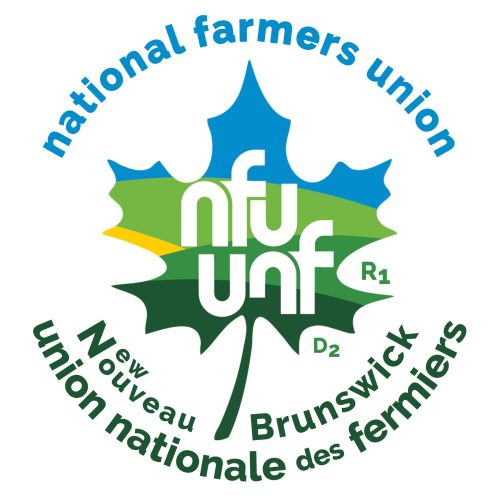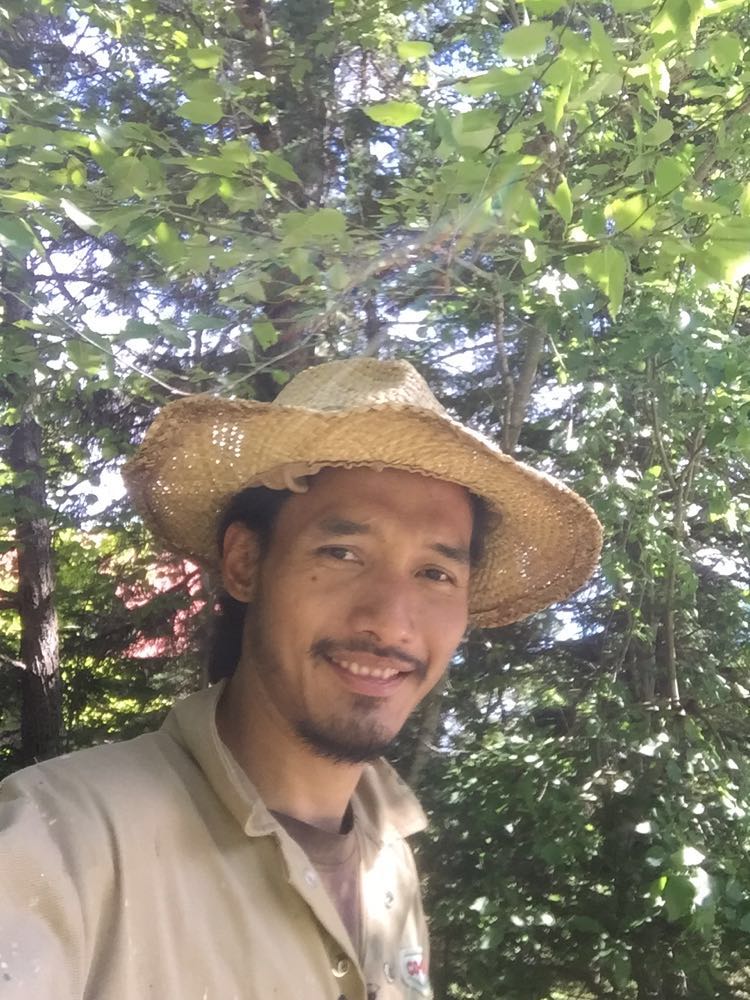New York City musician/activist Jen Chapin recently performed with the Jen Chapin Trio in two New Brunswick concerts. Jen Chapin’s dad was the legendary folk singer, Harry Chapin (“Cat’s in the Cradle” and “Taxi”). National Farmers Union (NFU) in New Brunswick Executive Director, Marieka Chaplin, took the opportunity to discuss activism and food sovereignty with Chapin before her performance on Saturday, August 17, at a Landsdowne House concert held in Keswick Ridge.
“My dad’s songs have certainly been an inspiration to me,” says Chapin, “But there is no doubt that his legacy of activism has made the greatest impact.” Chapin believes her roles as activist, educator and mother are of equal importance to her musical accomplishments. Chapin is a strong proponent of the local and sustainable food movement.
“Sustainable, local agriculture is in fact our best hope for feeding the world,” states Chapin. “This is in opposition to the private and governmental voices for a high-tech, monoculture, high petroleum-input, GMO, centralized industrial agriculture.”
“As a touring artist it is illuminating to travel to places where people are tapping back into local, cultural knowledge surrounding agriculture. The land has so much potential.”

From left: Stephan Crump (Jen Chapin Trio), Marieka Chaplin, National Farmers Union in NB Executive Director, Jen Chapin and Jamie Fox (Jen Chapin Trio)
This perfect synergy between music and food activism is expressed in the song track “Feed Your Baby”, from the new album “Reckoning” by the Jen Chapin Trio. The song lyrics describe how people have become detached from food and farming cultures, losing their connection to fresh, local food sources.
Chapin explains that food sovereignty is about “rebuilding relationships” between growers and eaters, and standing up for “dignity for those who put the food on our plate” all across the food system. Reducing hunger, she says, is not a matter of production, but a matter of justice.
One food sovereignty organization that Chapin particularly admires is the Community Food Bank in Tucson, Arizona. The food bank has helped build self-reliance and the local food system by involving over 1000 client families in community gardens or as backyard farmers.
Chapin has served on the board of directors of WHYHUNGER, an American organization that has supported innovative, community-based solutions to hunger and poverty for over 20 years. Through this work, Jen has seen some the positive changes. Recently she has observed a growing link between the sourcing of good food and a movement to improve human rights for the people who grow and prepare that food. Lobby groups and members of La Via Campesina, such as “Food for Maine’s Future” and the NFU, have been grappling with the many inequities in our food system and looking for creative solutions that simultaneously empower and build wealth in rural communities.
When asked what improvements are needed, Chapin says, “Think in terms of local and sustainable, and everything falls into place. As consumers we must ask where our food is from and under what conditions it is being grown, because we have so much power as we spend our food dollars.”
From a New Brunswick perspective, the NFU reminds consumers that by choosing local food from NB farms they support the local economy. Locally grown food is nutritious and fresh, and far fewer resources have been spent in its transportation. Supporting NB agriculture through food purchases ensures a healthy, secure and sustainable food supply in the future.




